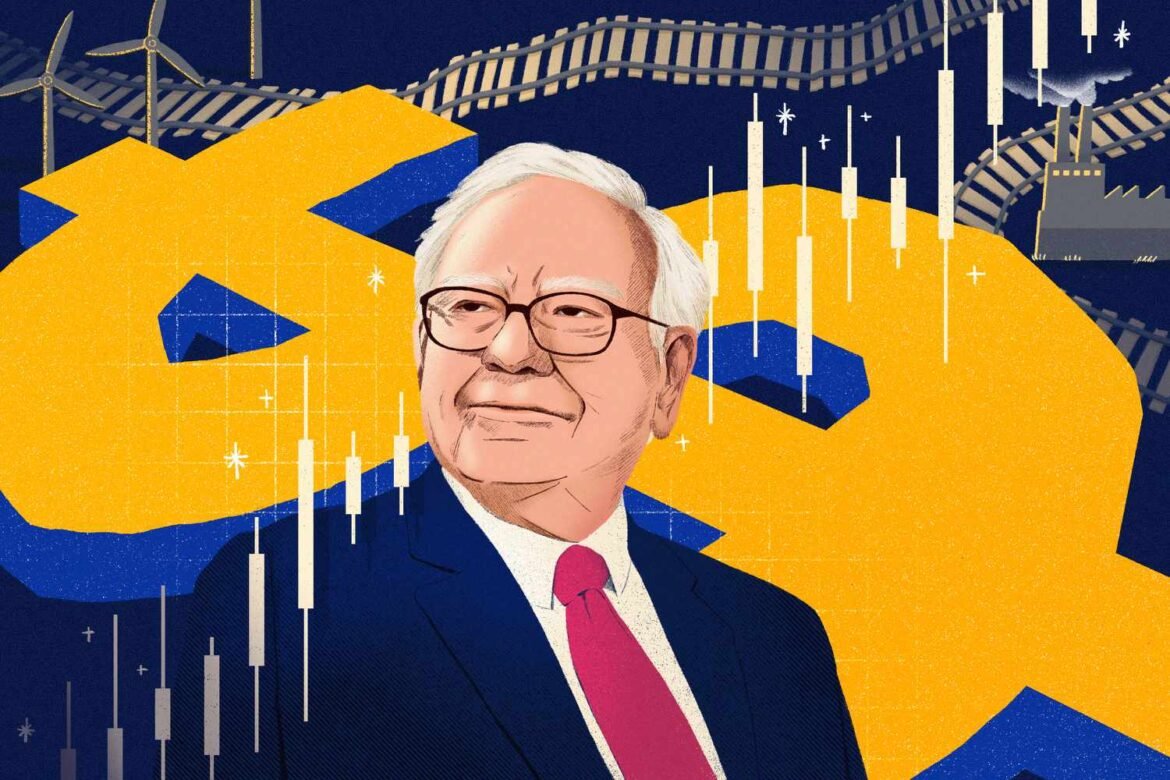Key Takeaways
- Warren Buffett believes you should invest in businesses that you understand, rather than in the investing fad that everyone is talking about.
- Instead of jumping on what’s hot, Buffett has been staying away from tech and hoarding T-bills/cash, while shrinking his Apple (AAPL) stake.
- History repeats itself: Buffett didn’t buy tech stocks in 1999–2000 and he was transparent about why.
The tech-heavy Nasdaq has surged to fresh all-time highs in Q3 2025, driven by sustained fervor around artificial intelligence (AI) and other technologies.
But whenever crowd enthusiasm gets concentrated in a hot sector, Warren Buffett grows skeptical. At the peak of the dot-com bubble in 1999, he frankly stated that his holding company, Berkshire Hathaway Inc. (BRK.A, BRK.B), didn’t own any internet stocks—not because they were under-appreciated but because he and his former right-hand-man Charlie Munger couldn’t predict their economics. He wrote that an investor should stay “well within one’s circle of competence” and cautioned against being “where the action is.” That same mindset seems to be at work once again.
Important
After the dot-com bubble burst, Buffett said that fast-moving industries mean you have to characterize any capital deployment as “speculative” (which doesn’t fit the Buffett mindset).
Berkshire’s Recent Moves
Cash: Far from chasing momentum, Berkshire has conspicuously maintained an oversized cash position and U.S. Treasury-bill holding. In his 2023 letter to Berkshire shareholders, Buffett described it as “extreme fiscal conservatism.” In 2025, Berkshire’s cash has reached an all-time high.
Japan: Buffett has quietly been compounding his stake in Japanese conglomerates. In his 2024 letter, Buffett explained the position with a long-term perspective, the opposite of trend-chasing.
Traditional deals: In October 2025, Berkshire agreed to acquire Occidental’s (OXY) chemicals business, OxyChem, for $9.7 billion in cash. The company manufactures commodity chemicals for water treatment, pharmaceuticals, and more.
Paring down big tech: While still his single largest position, Buffett recently trimmed his exposure to Apple, Inc. (AAPL).
Why Buffett is Comfortable Ignoring the Tech Hype
Buffett’s contrarian moves are never an end in and of themselves but a function of his views on the underlying business. He maintains two core principles:
- Knowable economics surpass exciting narratives. If you can’t reliably estimate a firm’s medium-term earnings power, don’t touch it—and be particularly wary in sectors where technological, regulatory, and competitive outcomes are all highly uncertain. That was his reason for passing on most late-90s tech. It still applies in today’s AI gold rush.
- Price and durability are more important than buzz. Berkshire has patience in refraining from frothy sectors and instead makes big, straightforward investments when the math and the businesses are compelling.
For Buffett, the strategy is to focus on businesses, not stocks. If you can’t explain how a company will earn money five years from now, you’re just speculating.
“Now, speculation—in which the focus is not on what an asset will produce but rather on what the next fellow will pay for it — is neither illegal, immoral nor un-American,” Buffett wrote in his 2000 Chairman’s Letter. “But it is not a game in which Charlie [Munger] and I wish to play. We bring nothing to the party, so why should we expect to take anything home?”
In moments when technology is all you hear about, it’s easy to mistake excitement for inevitability. His recent posture—cash-heavy, old-economy dealmaking—is an application of the same principles he used to sidestep the dot-com bubble. You don’t have to bet against technology—you just don’t have to buy overpriced shares, which is often when everyone else is buying.



